Business models for reducing plastic waste along the value chain: Towards innovative trends in retailing Innoredux
The idea and aim of the Innoredux project is to avoid or reduce plastic waste along the value chain in both distance selling and stationary trade. As part of this, the project partners cooperate with a number of industrial partners in a real-world laboratory research approach to develop innovative packaging solutions.
The project examines innovations from trade and industry designed to avoid or reduce plastic waste in business models and their underlying value chains. One focus in the extent to which the potential of such approaches can be moved from a niche to large-scale applications. The project analyses various different strategies: reducing plastics by means of more efficient use of materials, by replacing plastics by using alternative, more ecologically-sustainable materials, and by influencing the purchasing decision behaviour of consumers.
Plastics reduction measures of this kind can make a significant contribution to reducing the plastic discharged into the environment, while simultaneously creating competitive advantages for businesses. In a real-world Laboratory in Heidelberg, the Innoredux partners are cooperating with a number of partners from trade, industry, and civil society to test and implement appropriate business models in practice. The results of the Real-World Laboratory will be translated into guidance on how to reduce the use of plastic packaging in trade and industry. The project is centred around the four sectors of foodstuffs, cosmetics, office stationery and textiles.
The Innoredux partners are: Alnatura, Annas Unverpacktes Heidelberg, Avocado Store, BUND Bundesverband, BUND Landesgruppe Baden-Württemberg, dm Drogeriemarkt, Memo, the municipality of Heidelberg, Unverpackt e.V and Zalando.
IÖW Project Team
- Dr. Pauline Riousset
- Sabrina Schmidt
- Eva Wiesemann



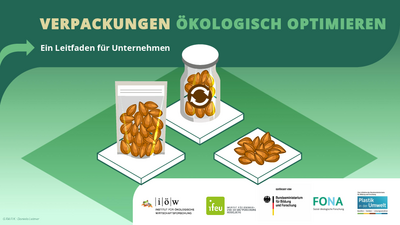
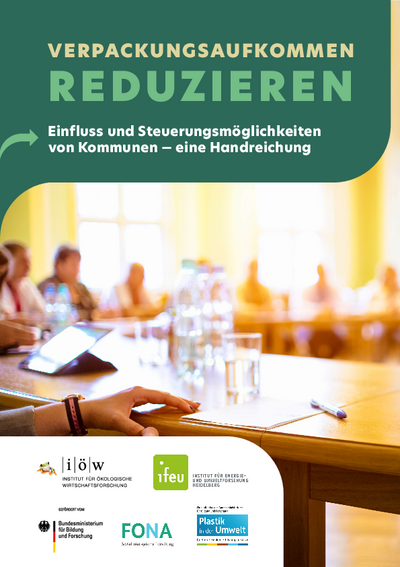
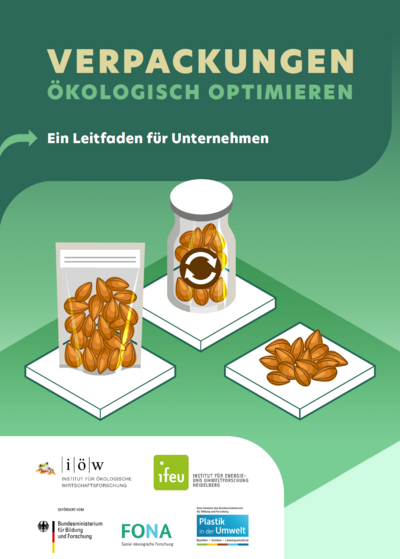
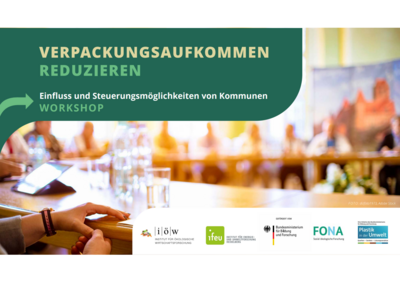
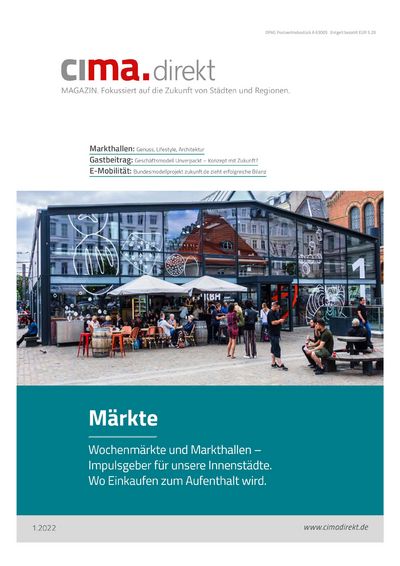
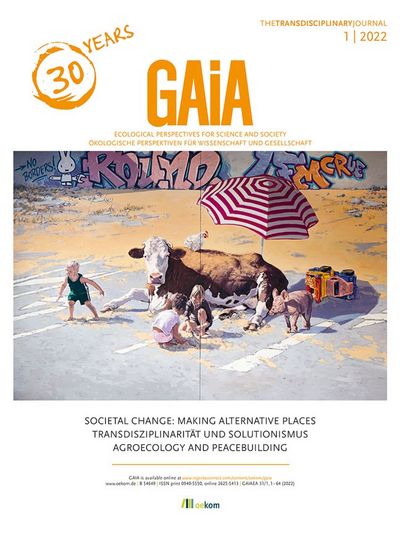
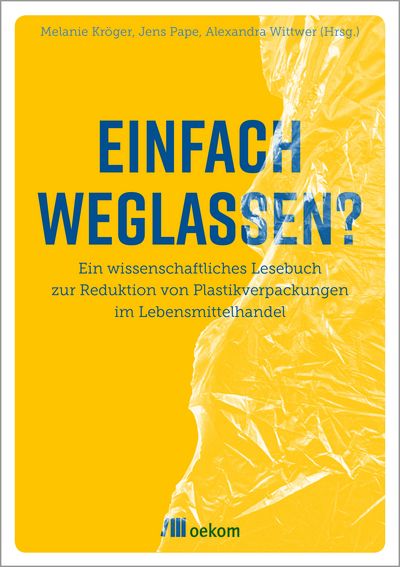
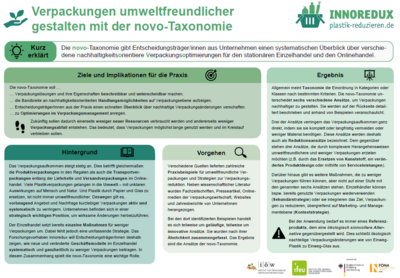
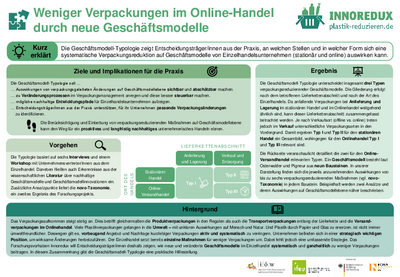
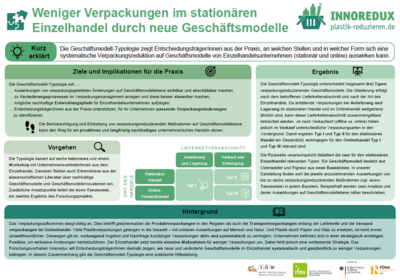
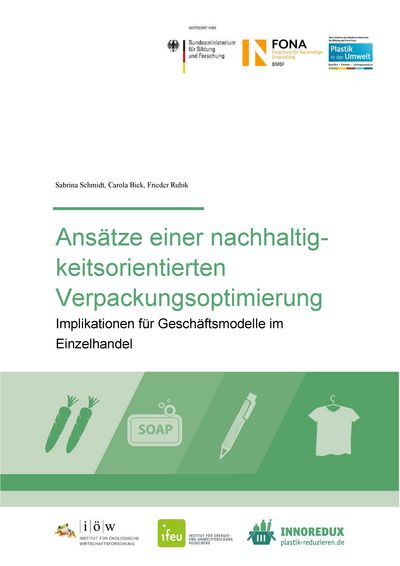
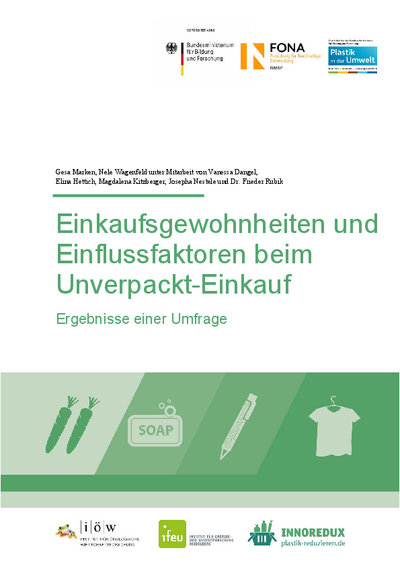
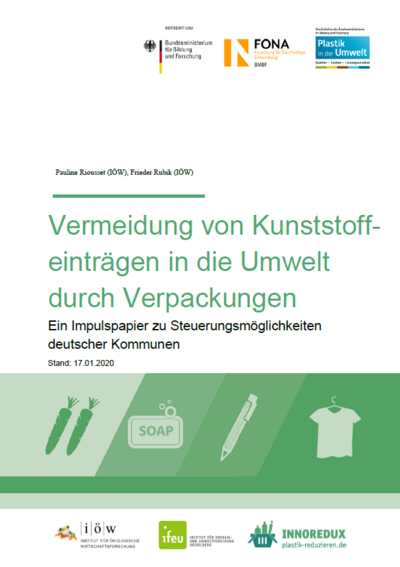
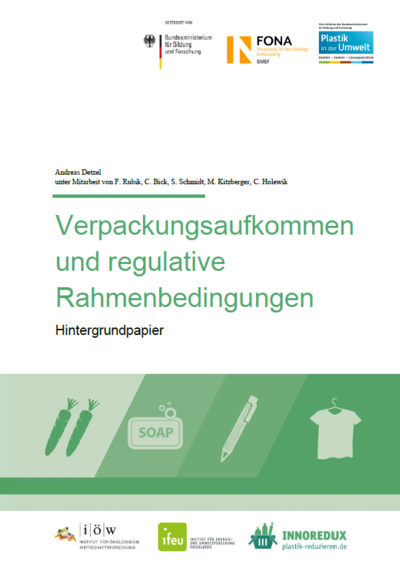
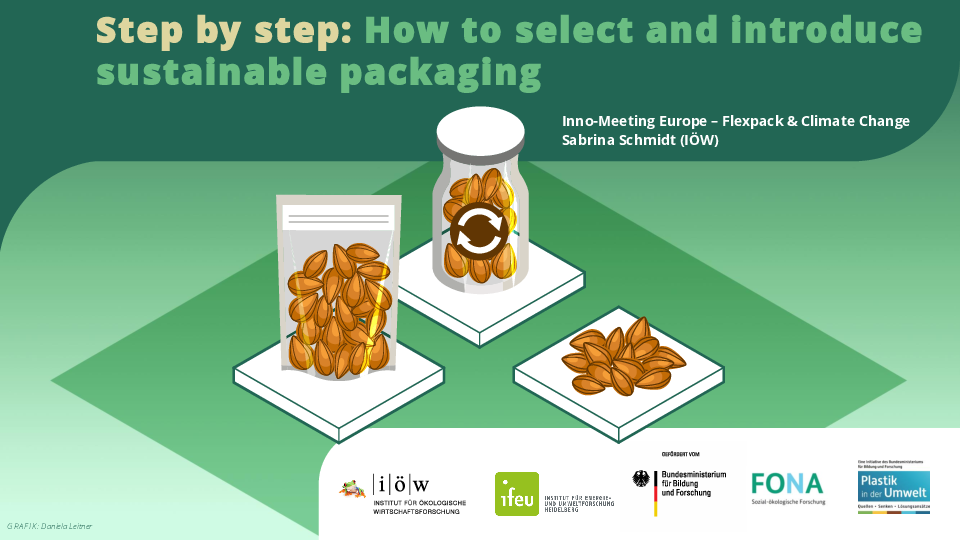
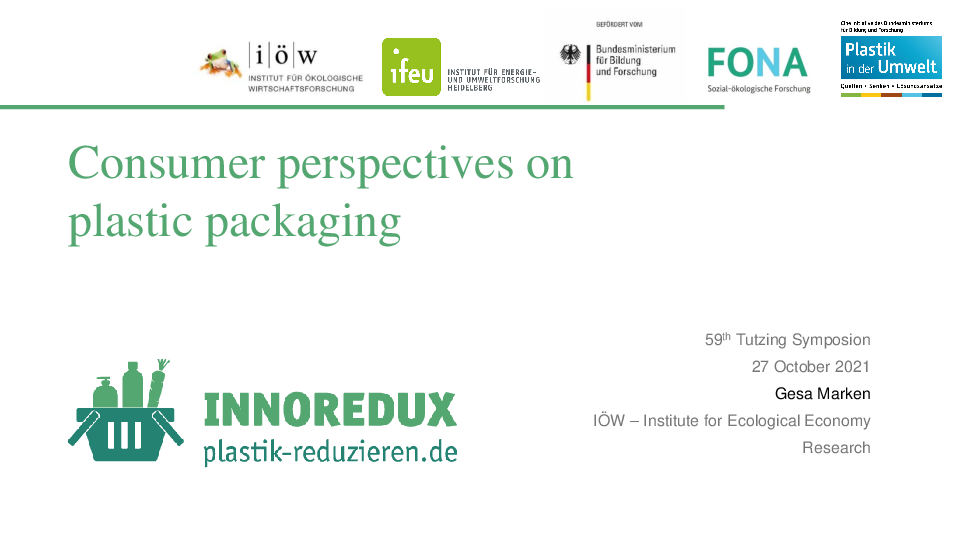
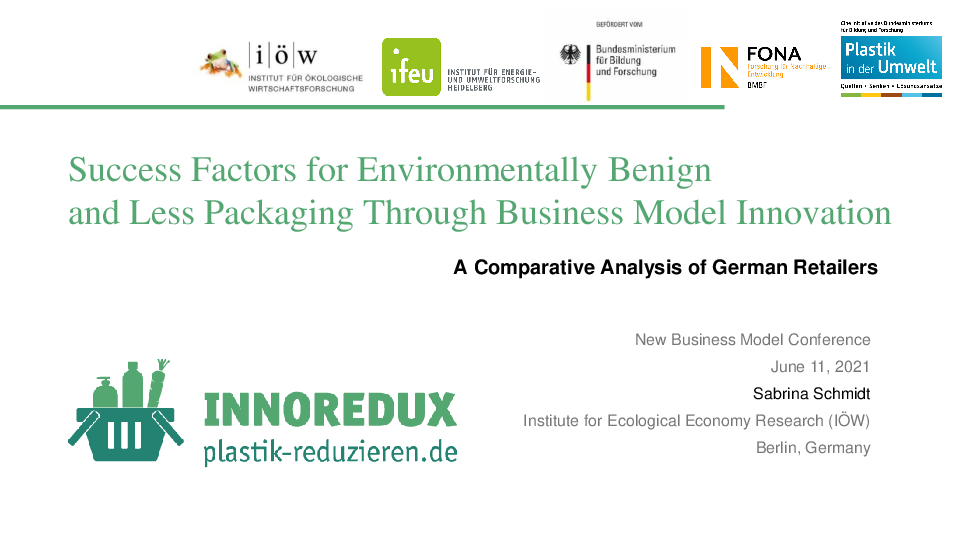
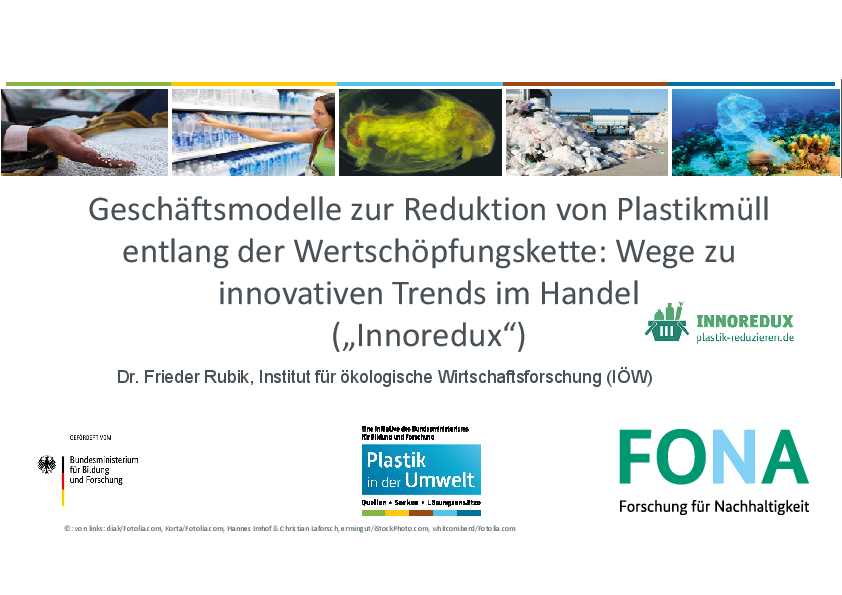
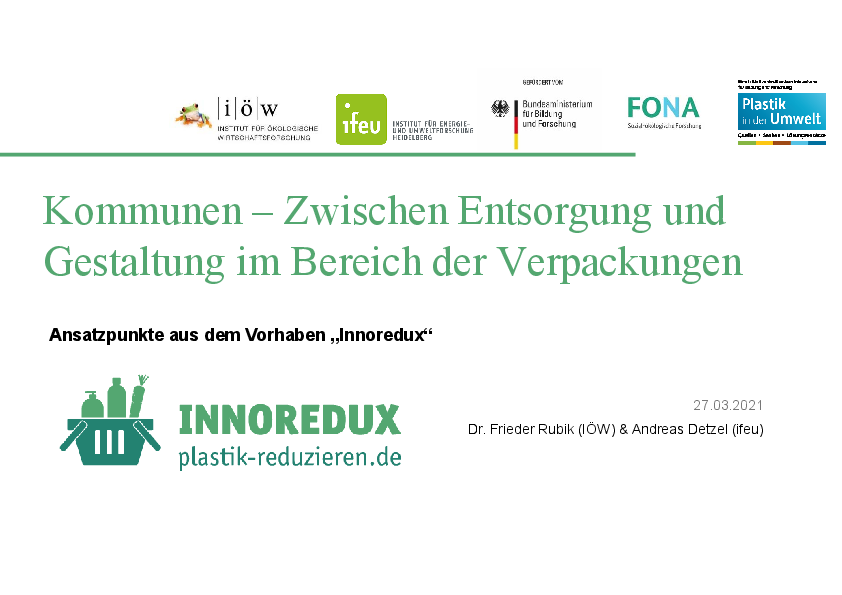
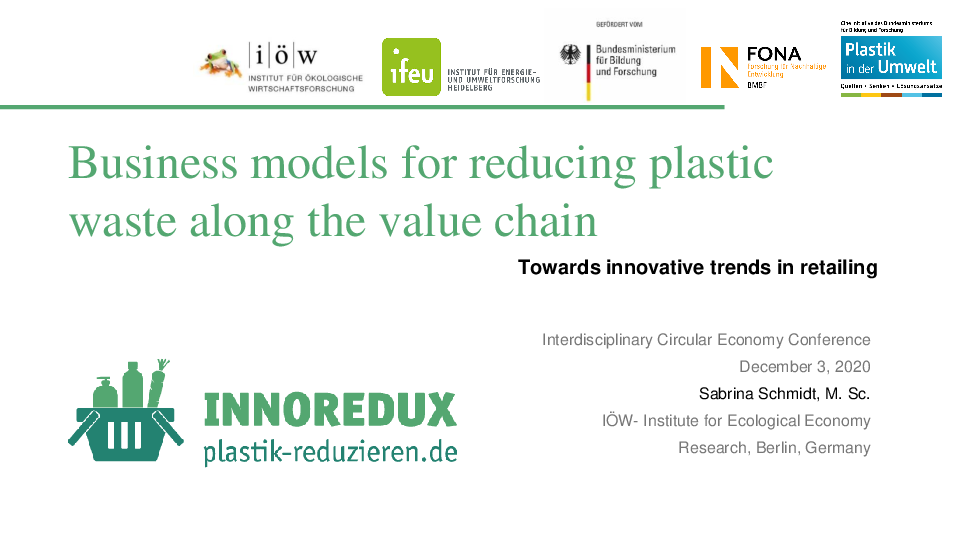
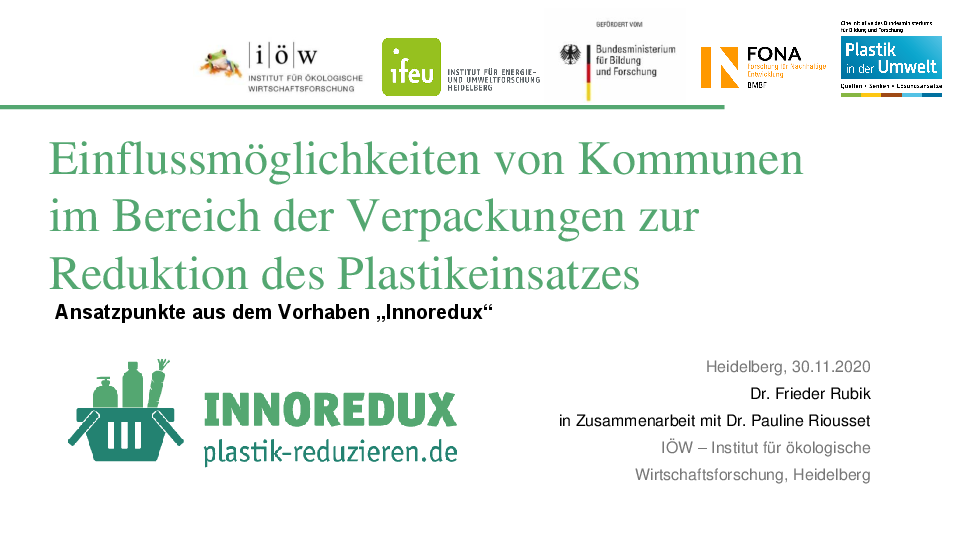
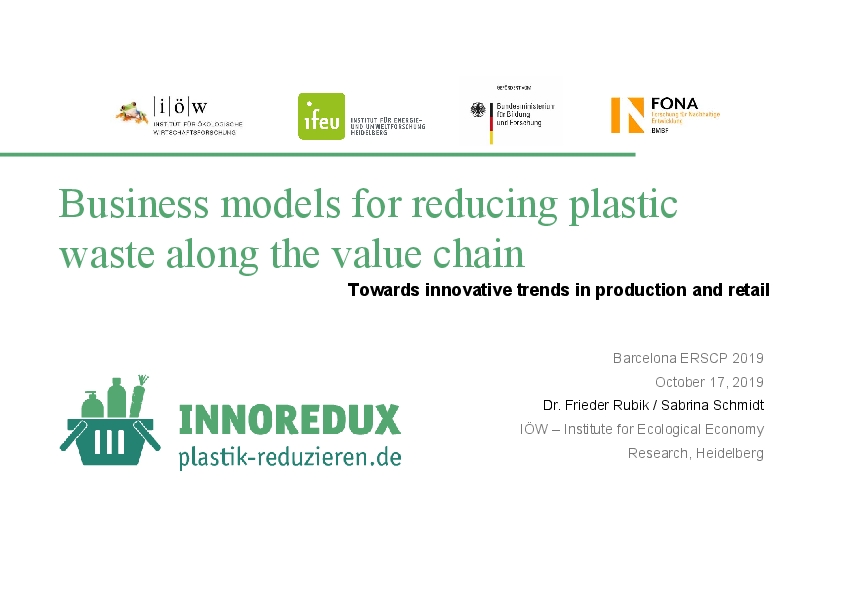
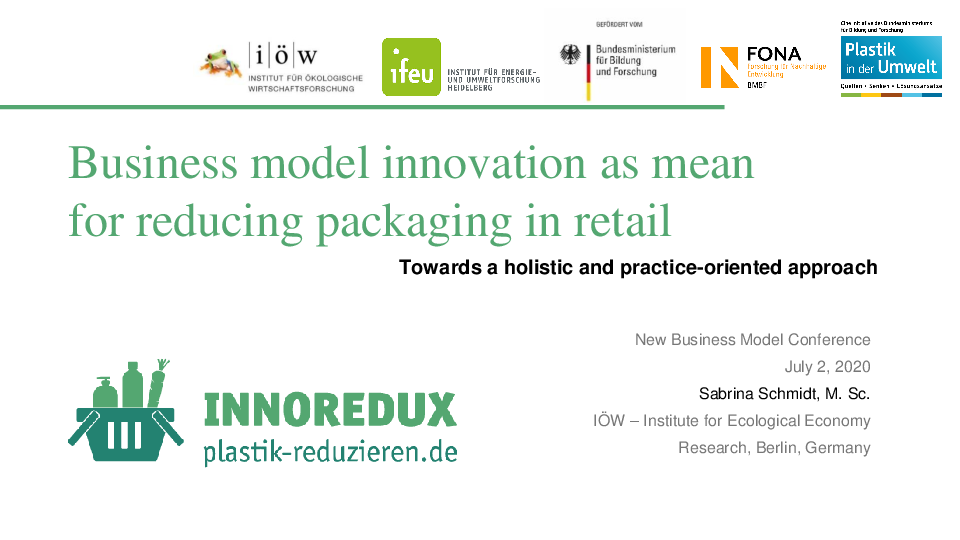
![[Translate to Englisch:] Business models for reducing plastic waste along the value chain: Towards innovative trends in retailing](/fileadmin/_processed_/3/4/csm_Innoredux_Logo_png_96663ea4aa.png)
